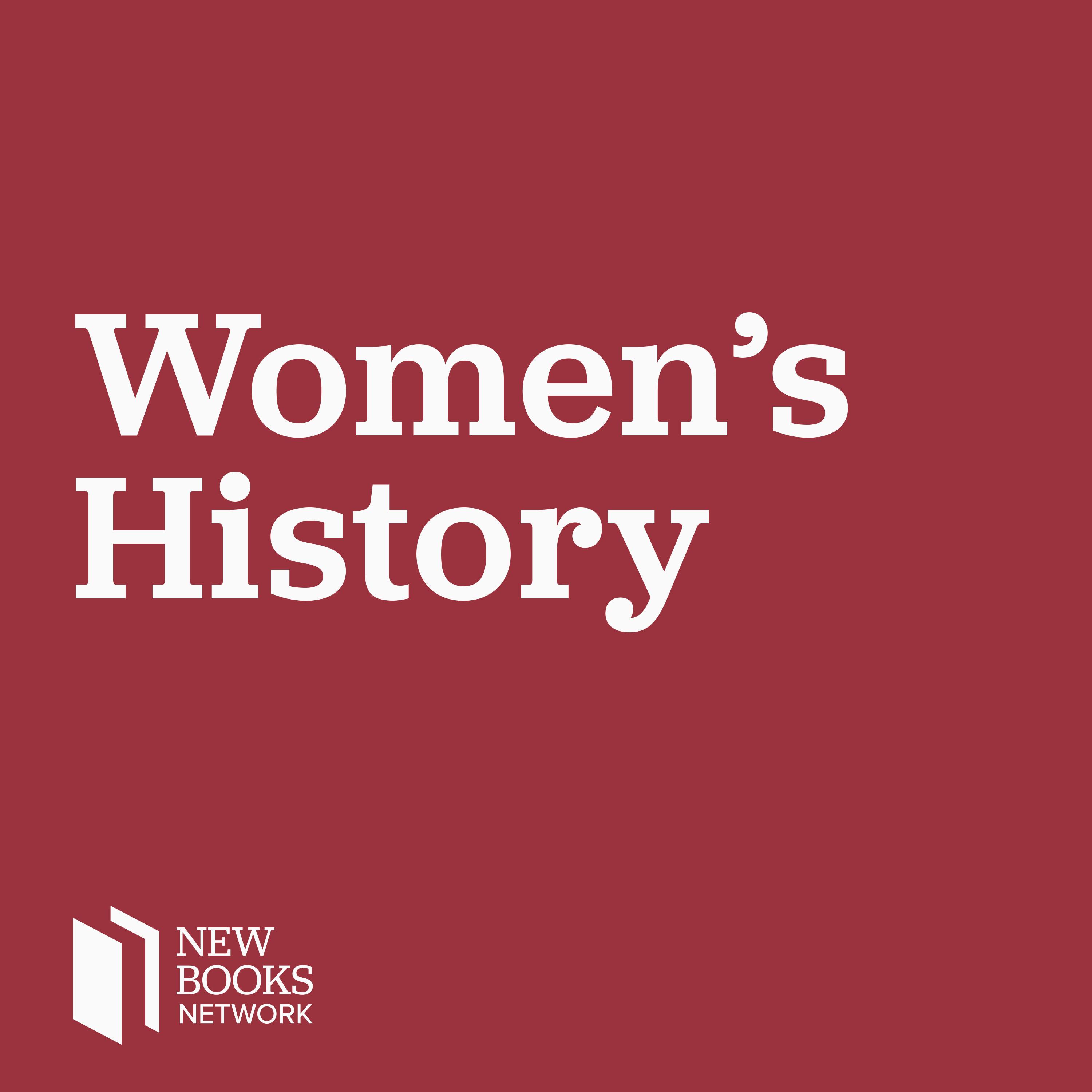Tessa Winkelmann, "Dangerous Intercourse: Gender and Interracial Relations in the American Colonial Philippines, 1898–1946" (Cornell UP, 2023)
Description
In Dangerous Intercourse: Gender and Interracial Relations in the American Colonial Philippines, 1898–1946 (Cornell University Press, 2023), Dr. Tessa Winkelmann examines interracial social and sexual contact between Americans and Filipinos in the early twentieth century via a wide range of relationships—from the casual and economic to the formal and long term. Dr. Winkelmann argues that such intercourse was foundational not only to the colonisation of the Philippines but also to the longer, uneven history between the two nations. Although some relationships between Filipinos and Americans served as demonstrations of US "benevolence," too-close sexual relations also threatened social hierarchies and the so-called civilizing mission. For the Filipino, Indigenous, Moro, Chinese, and other local populations, intercourse offered opportunities to negotiate and challenge empire, though these opportunities often came at a high cost for those most vulnerable.
Drawing on a multilingual array of primary sources, Dangerous Intercourse highlights that sexual relationships enabled US authorities to police white and nonwhite bodies alike, define racial and national boundaries, and solidify colonial rule throughout the archipelago. The dangerous ideas about sexuality and Filipina women created and shaped by US imperialists of the early twentieth century remain at the core of contemporary American notions of the island nation and indeed, of Asian and Asian American women more generally.
This interview was conducted by Dr. Miranda Melcher whose new book focuses on post-conflict military integration, understanding treaty negotiation and implementation in civil war contexts, with qualitative analysis of the Angolan and Mozambican civil wars.
Learn more about your ad choices. Visit megaphone.fm/adchoices
More Episodes
Women working in the sciences face obstacles at virtually every step along their career paths. From subtle slights to blatant biases, deep systemic problems block women from advancing or push them out of science and technology entirely.
Women in Science Now: Stories and Strategies for Achieving...
Published 06/16/24
Published 06/16/24
How do unequal societies function? In Holding It Together: How Women Became America's Safety Net (Portfolio, 2024), Jesscia Calarco, an Associate Professor of Sociology at the University of Wisconsin-Madison, examines how America’s DIY society depends on the labour of mothers and excludes the...
Published 06/15/24


